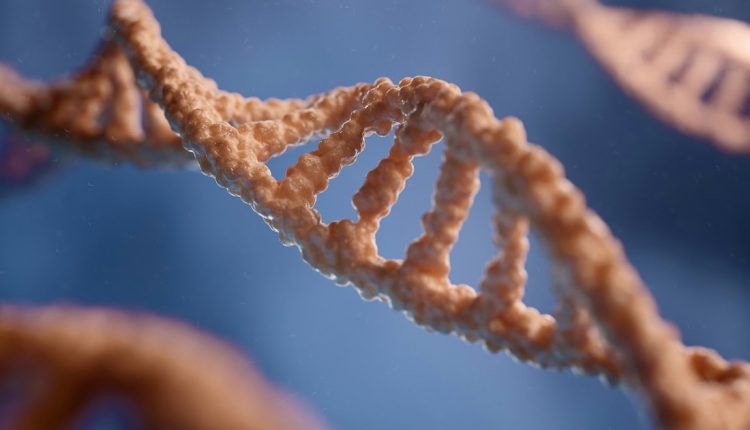Researchers discover a method that could lead to the elimination Down syndrome chromosome
A group of researchers from Mie University in Japan achieved an important breakthrough in genetics by eliminating chromosome 21, which is responsible for Down syndrome
The genetic disorder known as Down syndrome has been the subject of a study by researchers at Mei University in Japan, who have made progress in the study of chromosome 21 and its elimination.
As is known, Down syndrome “is a genetic disorder caused by the presence of an extra copy of chromosome 21, a phenomenon known as trisomy 21, which causes physical and cognitive alterations in those who suffer from it, such as heart defects, hearing loss, and difficulties in speech and learning development.”
At Mei University, scientists have applied a gene editing technique that could allow the complete elimination of the extra chromosome.
According to the PNAS Nexus publication, the scientists used “a tool called CRISPR-Cas9 to eliminate excess chromosomes in affected cells and return cell behavior to its normal function.”
This action aids in gene editing, which uses an enzyme to identify specific DNA sequences. “Once the enzyme finds a matching site, it selectively removes the extra copy of chromosome 21. This process, called allele-specific editing, allows the cutting enzyme to act only on the trisomy without affecting the rest of the genetic material.”
As a result, the group of scientists observed that gene expression normalized. Furthermore, the corrected cells accelerated their growth, with a shorter doubling time.
The discovery is a remarkable step toward controlling chromosome 21, which causes Down syndrome worldwide.
M.Pino
Source: actualidad.rt
(Reference image source: digitale.de on Unsplash)
Visit our news channel on Google News and follow us to get accurate, interesting information and stay up to date with everything. You can also see our daily content on X/Twitter and Instagram


